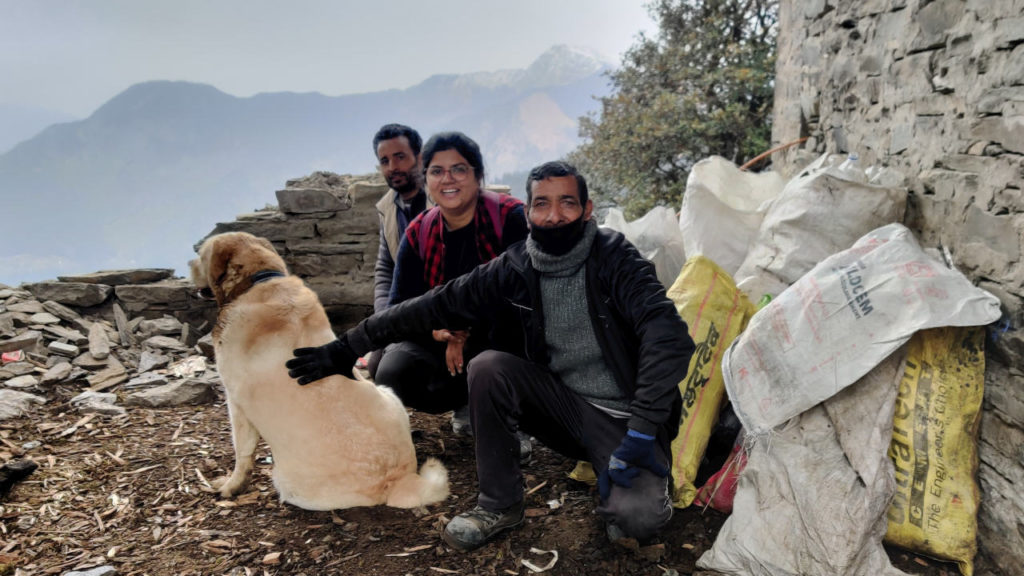Nestled among the towering peaks of the northern Himalayas, the Jalori Pass, a once-pristine trekking destination, has witnessed a surge in plastic pollution and waste burning due to the escalating influx of tourists. However, amid the challenges, a woman named Tamanna Sharma has emerged as a beacon of change with her groundbreaking initiative – Project Jalori.
In September 2020, Tamanna, hailing from the Kangra district of Himachal Pradesh, discovered the environmental plight of Jalori and took it upon herself to transform the region. What began as solo cleanups evolved into a comprehensive model for sustainable waste management and eco-tourism, setting an example for environmentally sensitive tourist destinations.
A Visionary Experiment: Project Jalori’s Genesis
Tamanna Sharma, armed with her pan-India experience in sustainability and climate action, conceptualized Project Jalori as an experimental model for waste management. The project’s uniqueness lies in its systems thinking approach, aiming to implement a low-cost, collaborative model involving local stakeholders and authorities in an ecologically fragile tourism destination.
The experiment unfolded in phases, starting with field reconnaissance and building relationships with local stakeholders in 2020. The heart of the project beats in the Information, Education, and Communication (IEC) phase during 2021, where partnerships with local authorities and the initiation of clean-up drives laid the foundation for sustainable change.
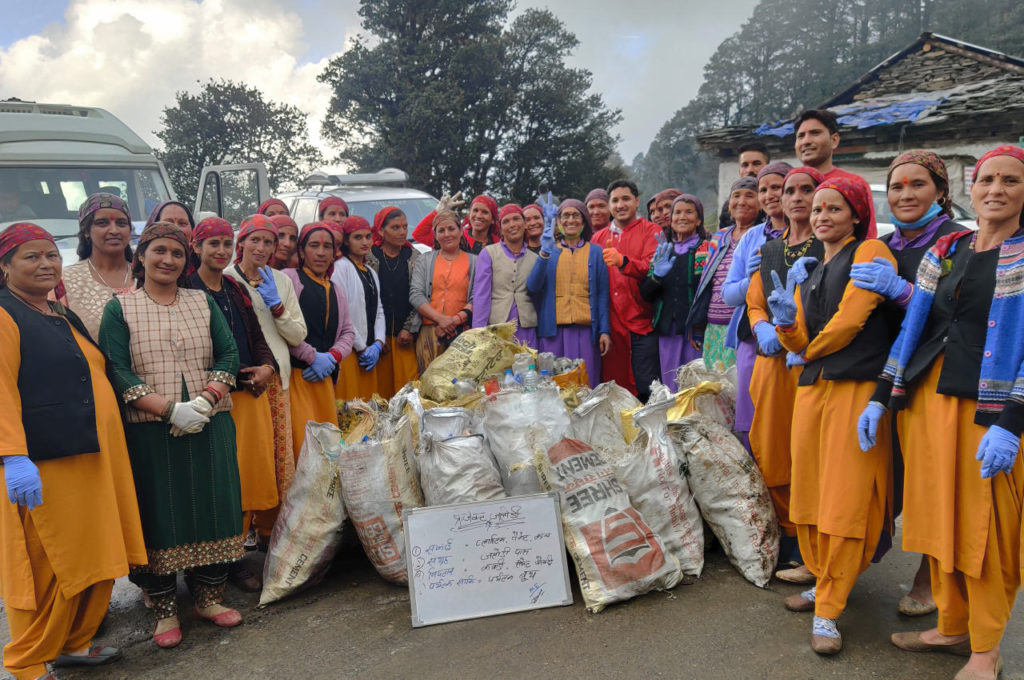
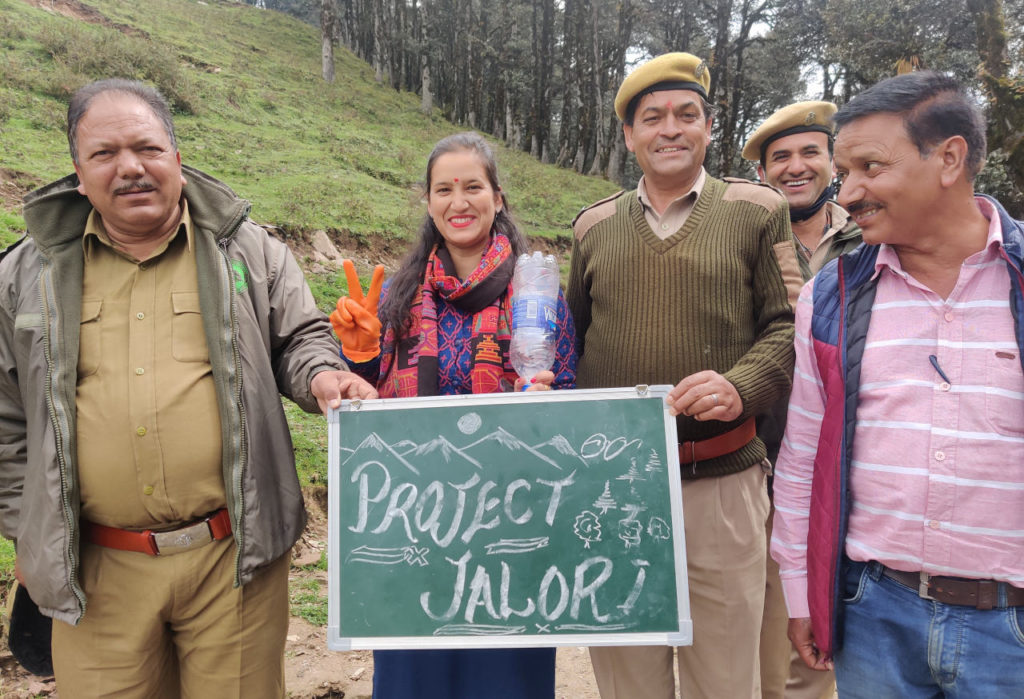
From Vision to Reality: Project Phases and Outcomes
The experiment progressed through Phase 3 in 2022, involving trail maintenance, waste segregation trials, and crowdfunding-supported waste transportation. The culmination of Phase 3 marked a pivotal moment as the office of the Kullu District Commissioner sanctioned operational duties to the Forest Department, ensuring strategic infrastructural and transport support.
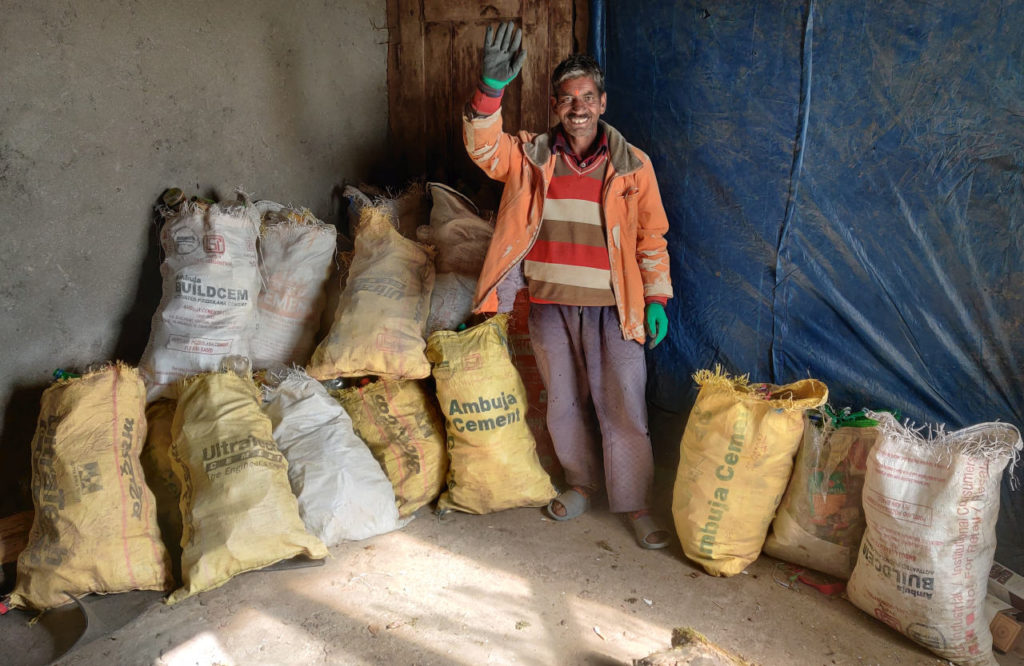
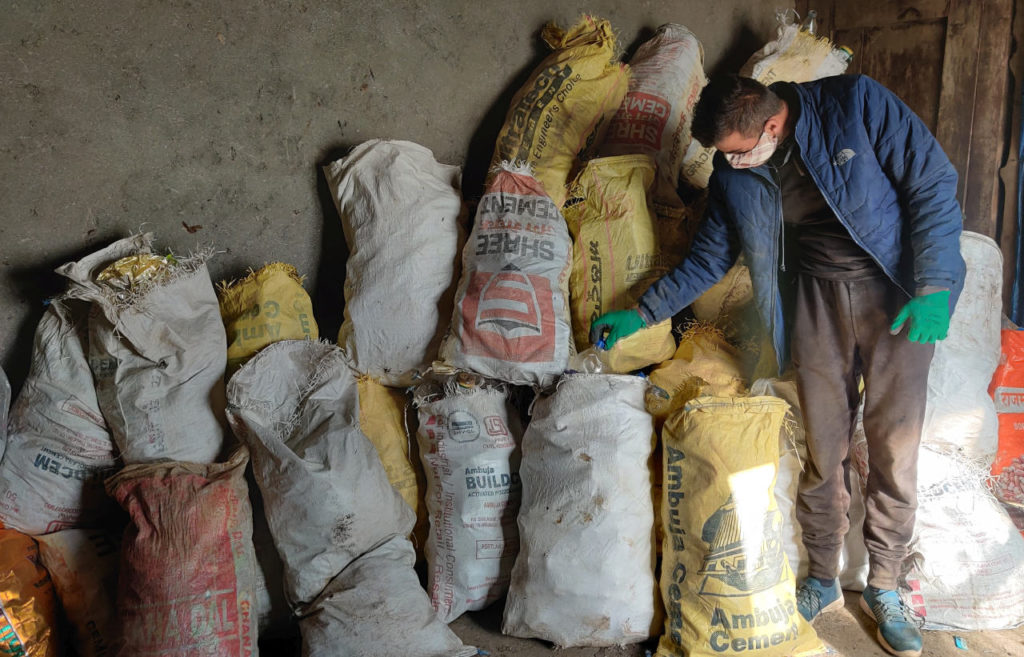
Tamanna Sharma’s brainchild bore fruit with significant outcomes. Successful behaviour changes through IEC, reduction of the burden on stakeholders through systems thinking, and maintenance of the pristine forest environment showcased the effectiveness of Project Jalori. Local businesses, including dhabas and cafes, embraced sustainability by using LPG and upcycling non-recyclable waste into creative designs.
Recognition and Sustainability: Project Jalori’s Legacy
Project Jalori garnered national acclaim, receiving the Indian Responsible Tourism Award in 2022 and finding a place in UNESCO’s State of Education Report for India 2023. The project’s impact extended internationally, showcasing its pedagogy and approach for greening communities and climate education.
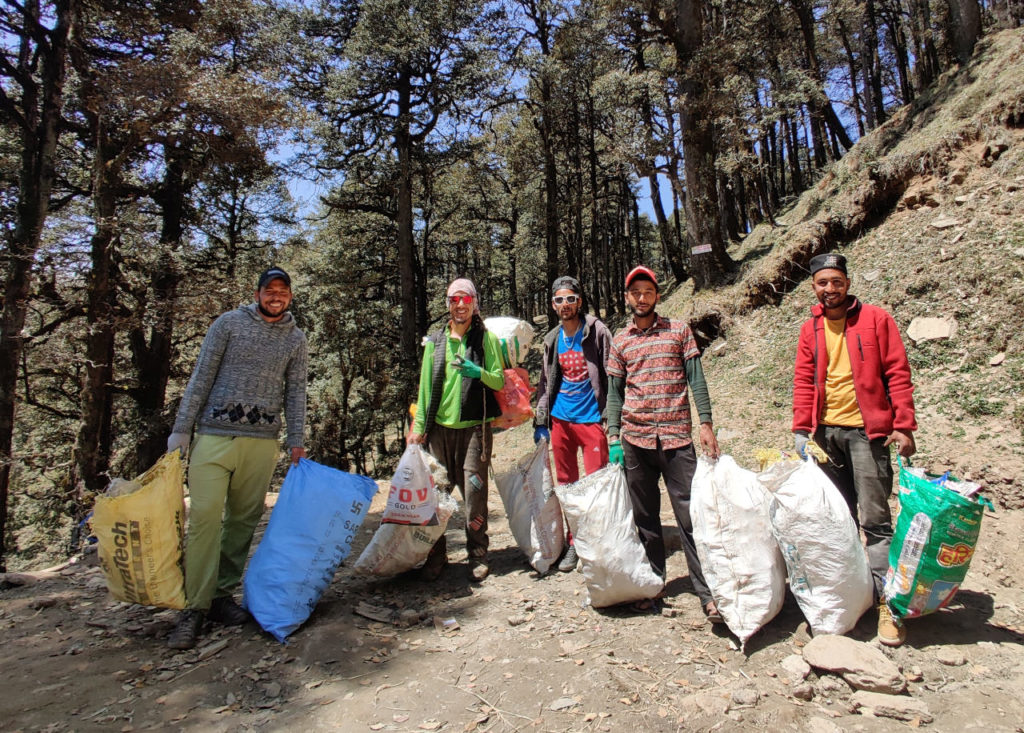
Tamanna Sharma’s single-handed design and implementation of Project Jalori, coupled with the unwavering support of the local community, demonstrated that sustainability can thrive without external monetary aid. The project’s success is underlined by evidence that behaviour change is achievable through social psychology principles and that high-altitude terrains pose no hindrance to waste management modelling.
Legacy of Change: Project Jalori Beyond 2023
As Project Jalori transitions from data to theory, it aims to establish a replicable model applicable to tourism locations across India. The project’s emphasis on education and local empowerment ensures that waste management efforts endure in the long run, transforming trail maintenance into a tourist activity.
Tamanna Sharma’s journey with Project Jalori exemplifies the transformative power of one woman’s vision. Her initiative not only cleansed the trails of Jalori but also set in motion a novel approach that can safeguard ecologically fragile destinations worldwide. In the heart of the Himalayas, Project Jalori stands as a testament to the potential for sustainable tourism, proving that with vision and community involvement, even the highest peaks can be preserved for generations to come.


